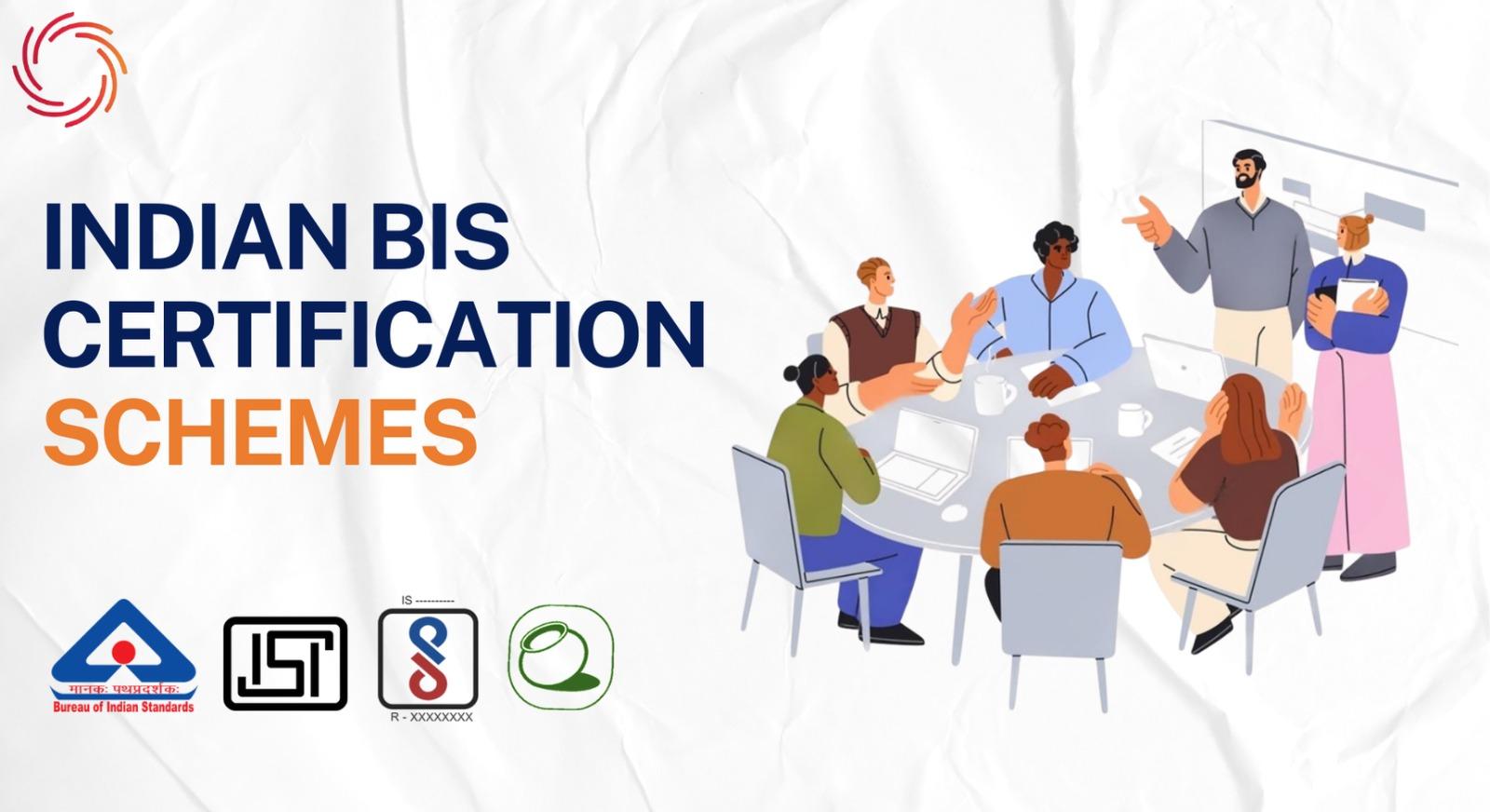Introductaion
The Foreign Manufacturers Certification Scheme (FMCS) is a specialized certification program introduced by the Bureau of Indian Standards (BIS). It enables overseas manufacturers to obtain a BIS manufacturing license and use the ISI mark on products exported to India. For foreign brands entering the Indian market, BIS FMCS certification is often mandatory, especially for products covered under BIS Quality Control Orders. This is where a BIS FMCS Consultant becomes essential in ensuring a smooth and compliant certification journey.
What Is BIS FMCS?
BIS FMCS allows foreign manufacturers to get certified under Indian Standards and legally sell ISI-marked products in India. This scheme requires detailed evaluation of the manufacturing facility, quality management systems, testing capabilities, and product compliance. It also involves factory audits, sample testing, documentation reviews, and continuous surveillance.
For international brands, obtaining this certification helps ensure product quality, consumer trust, and regulatory approval when entering the Indian market.
Why BIS FMCS Certification Matters for Foreign Manufacturers
1. Mandatory for Regulated Products
Many products such as electrical appliances, steel items, cement, and several industrial components require mandatory BIS certification before they can be imported or sold in India.
2. Builds Customer Confidence
The ISI mark is recognized as a strong symbol of product safety and quality. Having this mark increases credibility and trust among Indian consumers and businesses.
3. Smooth Import & Customs Clearance
Certified products face fewer delays at customs. Without FMCS certification, products can be detained, rejected, or barred from entering the Indian market.
4. Long-Term Market Growth
India is a rapidly expanding marketplace. FMCS certification enables foreign manufacturers to establish long-term, compliant, and profitable operations.
Eligibility Requirements for BIS FMCS
Foreign manufacturers must meet the following conditions to apply:
-
The manufacturing unit must be located outside India.
-
The product must comply with the relevant Indian Standard (IS).
-
The factory must have adequate manufacturing equipment, testing facilities, and quality control systems.
-
The manufacturer must appoint an Authorized Indian Representative (AIR).
-
They must agree to BIS’s terms for inspection, testing, and continued surveillance.
These requirements ensure that the manufacturing unit maintains consistent product quality that aligns with Indian Standards.
Step-by-Step Process of BIS FMCS Certification
1. Application Submission
The manufacturer submits the FMCS application along with company details, product specifications, test equipment details, quality documents, and factory layout.
2. Factory Audit
BIS officers visit the overseas manufacturing facility to inspect the production process, testing capabilities, quality systems, and overall compliance readiness.
3. Product Sample Testing
During the audit, product samples are selected, sealed, and sent to BIS-recognized laboratories in India for mandatory testing as per the applicable Indian Standard.
4. Evaluation of Documents and Test Results
BIS carefully reviews the audit report, laboratory results, and technical documents. Any gaps must be addressed before approval.
5. Issuance of BIS License
If all requirements are met, BIS grants a Certification of Manufacturing License (CM/L). The manufacturer is then authorized to use the ISI mark on approved products.
6. Renewal of License
The FMCS license is generally valid for 1–2 years. Renewal includes submitting updated documents, paying fees, and demonstrating continued compliance.
7. Ongoing Surveillance
BIS conducts periodic surveillance audits and market sampling to ensure continuous adherence to Indian Standards.
Role of a BIS FMCS Consultant
A qualified BIS FMCS Consultant plays a vital role in helping foreign manufacturers navigate this multi-stage and highly technical certification process. Their expertise covers:
-
Assessing product eligibility under BIS
-
Preparing the complete application
-
Compiling technical documentation
-
Coordinating factory audits and inspections
-
Managing product sample testing
-
Handling communication with BIS authorities
-
Assisting during surveillance audits and renewals
They ensure the certification process is smooth, error-free, and completed within the shortest possible time.
Cost and Timelines
The overall cost varies depending on product type, testing fees, inspection costs, and marking fees. On average, the BIS FMCS process may take 4–8 months, depending on document readiness, lab testing time, and scheduling of factory audits.
Why Hiring a BIS FMCS Consultant Is Important
-
Faster approval with accurate documentation
-
Reduced risk of application rejection
-
Proper planning for factory audits and testing
-
Cost-saving by avoiding repeated inspections or re-testing
-
End-to-end support until the BIS license is granted
A consultant ensures foreign manufacturers avoid mistakes that usually cause delays or rejections in the certification process.
Conclusion
For foreign manufacturers entering India, BIS FMCS certification is a crucial requirement. It ensures product quality, safety, and regulatory compliance. Working with an experienced BIS FMCS Consultant simplifies the entire process, from application to license grant and beyond. With the right guidance, manufacturers can confidently expand into the Indian market and build a strong, trusted presence with BIS-certified products.

